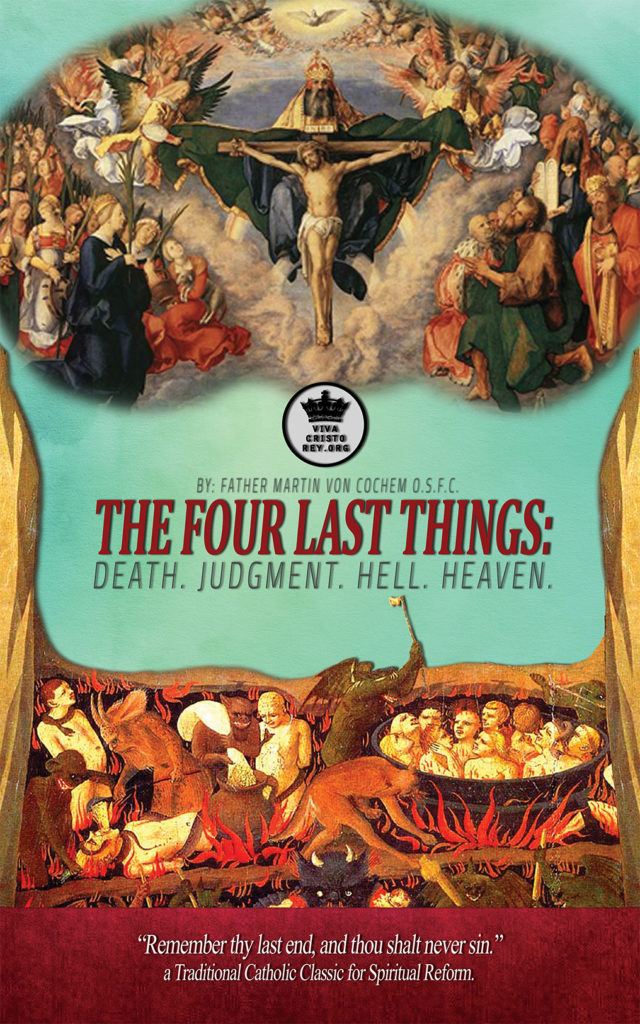The Sources of Moral Theology, therefore, are:
- Holy scripture
- Tradition
- The decisions of Popes, Councils, and Congregations, Laws, etc.
- The authority of Doctors and theologians
- Natural reason.
Holy scripture
“All scripture, inspired by God, is profitable to teach, to reprove, to correct, to instruct in justice”
The Bible, New Testament, Second Letter of the Apostle and Martyr Saint Paul to the Bishop of Ephesus, Saint Timothy, Chapter 3, verse 16
- Thus, the deeds narrated in scripture contain lessons for our instruction; but not all of them, even though they be concerned with holy men, are offered for our imitation.
- The laws of the Old Testament known as ceremonial (such as the rite of circumcision), and those called judicial (such as the prohibition against the taking of interest), are no longer obligatory; but the moral precepts, such as those found in the Decalogue, always remain in force.
- The ordinances of the New Testament are of three kinds: the Gospel counsels, which are not laws, but invitations to a higher practice of virtue than is necessary for salvation, for instance:
- The advice of our Lord that one sell all and give to the poor.
- The laws of the New Testament, which are the commands that it imposes for all times (such as the precepts that one believe the Gospel message, receive Baptism, hear the Church, etc.)
- Temporary regulations, which are those dispositions that were made only for passing circumstances (such as the prohibition issued by the Apostles against the eating of animals that had been suffocated).
Tradition
Tradition contains those doctrines concerning faith and morals, not found in scripture, that were given orally by Christ or inspired by the Holy Spirit, and that have been handed down from one generation to another in the Catholic Church.
Tradition becomes known to us:
- Through the teaching of the Church expressed by her solemn or ordinary magisterium.
- Through the writings of the Fathers of the Church.
- Through the practice of the Church expressed in her universal customs and laws.
- Through the worship of the Church expressed in her universal forms of prayer and liturgical observance.
Decisions
In addition to divine tradition just spoken of, Moral Theology uses:
- Apostolic tradition, which comes down from the Apostles, but whose subject-matter is not a teaching revealed to them, but an ordinance which they themselves made as rulers of the Church (e.g., the law that Sunday be sanctified as the Lord’s day);
- Ecclesiastical tradition, which contains regulations made by the authorities in the Church and handed down to succeeding times (e.g., the introduction of certain days of feast or fast).
Authority of Doctors and Theologians
- St. Thomas Aquinas has been recognized by the Church as her highest theological authority, and the Code of Canon Law (Canons 589, § 1, and 1366, § 2) orders that in all seminaries and religious houses of study the courses of theology shall be made according to his method, teaching and principles.
- When the theologians agree with unanimity that a certain doctrine pertaining to faith or morals is divinely revealed, it would be next to heresy to hold the opposite; if they agree only that it is certain, it would be rash to contradict them, unless new and serious objections unknown to them can be offered; if they are divided between schools and systems (even though great claims for opinions are made by their partisans), it is lawful for competent theologians to use their own judgment and decide for the side that seems to have the better arguments in its favor.
Reason
The uses of natural reason in Moral Theology are:
- It demonstrates certain preambles to the teachings of Moral Theology, such as the existence of God, His omniscience and veracity.
- It corroborates from philosophy many of the revealed teachings, viz., that man’s end is not in things finite, that he has duties to God, to society, to himself, etc.
- It affords analogies in the natural order by which we may illustrate the end and duties of man in the supernatural order;
- It supplies the means by which the teachings on morals may be developed into the conclusions that are contained in them, by which those teachings may be defended against the fallacious objections of adversaries, and by which the whole may be arranged scientifically into a body of doctrine.


TITLE: The Four Last Things: Death. Judgment. Hell. Heaven. “Remember thy last end, and thou shalt never sin.” a Traditional Catholic Classic for Spiritual Reform.
AUTHOR: Father Martin Von Cochem
EDITOR: Pablo Claret
Get it as a PAPERBACK:
vcrey.com/4-last-things-book

Get it as a an AUDIOBOOK on Google Play:
vcrey.com/4-last-things-audiobook

Get it as a an AUDIOBOOK on Apple Books:
See our catalogue of Catholic books and audiobooks:
https://vivacristorey.org/en/catalogue/